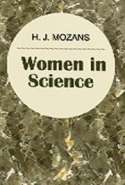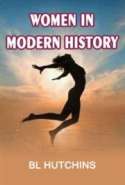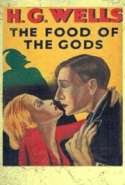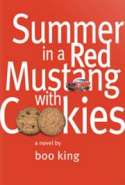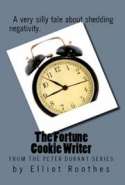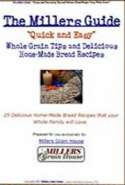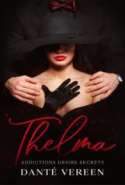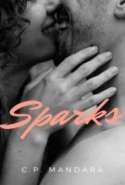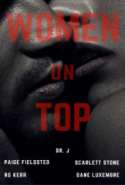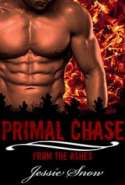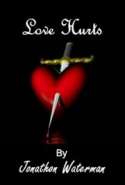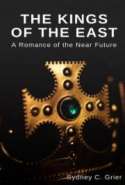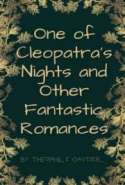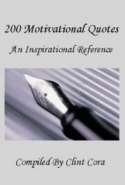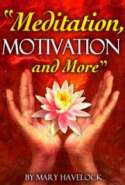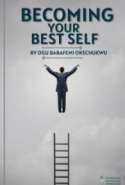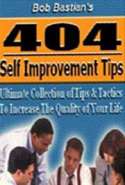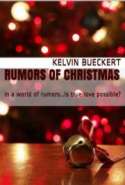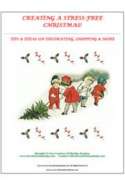1
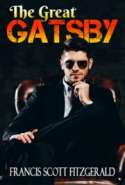
Francis Scott Fitzgerald | Fiction Classics
Rating:
In 1922, F. Scott Fitzgerald announced his decision to write "something new, something extraordinary and beautiful and simple + intricately patterned." That novel became The Great Gatsby, arguably Fitzgerald's finest work and certainly the book for which he is best known. A portrait of the Jazz Age in all of its decadence and excess, Gatsby captured the spirit of the author's generation and earned itself a permanent place in American mythology.
2
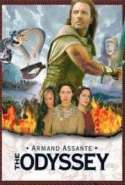
Homer. | Humanities and Arts
Rating:
The Odyssey (Ancient Greek: Ὀδύσσεια, Odysseia) is one of two major ancient Greek epic poems attributed to Homer. It mainly centers on the Greek hero Odysseus (or Ulysses, as he was known in Roman myths) and his journey home after the fall of Troy. It takes Odysseus ten years to reach Ithaca after the ten-year Trojan War.
3
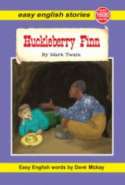
Dave Mckay | Youth
Rating:
The Adventures of Huckleberry Finn were first printed in 1884, eight years after Mark Twain wrote The Adventures of Tom Sawyer. It starts up where the other story finished, and the two books together are believed to be the best that Mark Twain ever wrote. Huck travels down the Mississippi on a raft, facing many dangers on the way and learning about life and what it means to be a friend.
4
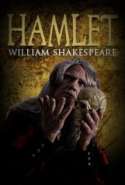
William Shakespeare | Drama Classics
Rating:
After Hamlet's father is killed by his brother, Claudius, Hamlet struggles with his vow to seek revenge by murdering Claudius.
5
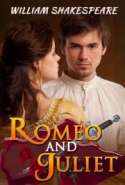
William Shakespeare | Drama Classics
Rating:
The lamentable Tragedy of Romeo and Juliet (first published 1597) is a play by William Shakespeare concerning the fate of two young star-crossed lovers. Perhaps the most famous of his plays, it is one of his earliest theatrical triumphs and is considered the archetypal love story of the Renaissance.
6
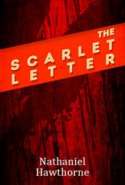
Nathaniel Hawthorne | Fiction Classics
Rating:
In early colonial Massachusetts, a young woman experiences the results of adultery and must spend the remainder of her life atoning for her sins.
7
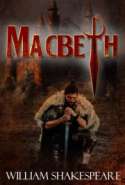
William Shakespeare | Fiction Classics
Rating:
Macbeth is among the best-known of William Shakespeare's plays, and is his shortest tragedy, believed to have been written between 1603 and 1606. Often regarded as archetypal, the play tells of the dangers of the lust for power and the betrayal of friends. There are also many superstitions centred on the belief the play is somehow "cursed", and many actors will not mention the name of the play aloud, referring to it instead as "The Scottish play".
8
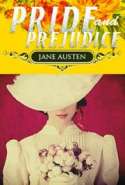
Jane Austen | Romance Classics
Rating:
The beautiful, young Elizabeth falls in love with Mr. Darcy, but he must control his pride while she tries to overcome her prejudice.
9
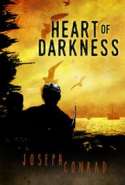
Joseph Conrad | Fiction Classics
Rating:
Captain Charles Marlow describes his experience transporting ivory along the Congo River in Africa where he encounters many instances of ruin and destruction.
10
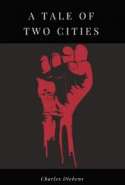
Charles Dickens | Fiction Classics
Rating:
This novel follows the lives of three peasants who are degraded and subdued by the French aristocracy.
11
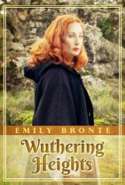
Emily Bronte | Fiction Classics
Rating:
A servant in the house at Wuthering Heights reveals the historic story of the love affair between Catherine and Heathcliff to a visitor who is currently staying there.
12
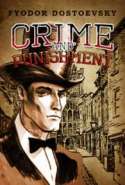
Fyodor Dostoevsky | Fiction Classics
Rating:
Raskolnikov kills two people in the belief that some people are "extraordinary" and have the right to kill others in order to improve the state of the world.
13
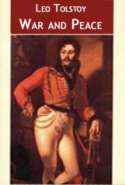
Leo Tolstoy | Fiction Classics
Rating:
The lives of Russian aristocrats become intertwined between the years 1805 and 1812 and during Napoleon's invasion of Russia.


















